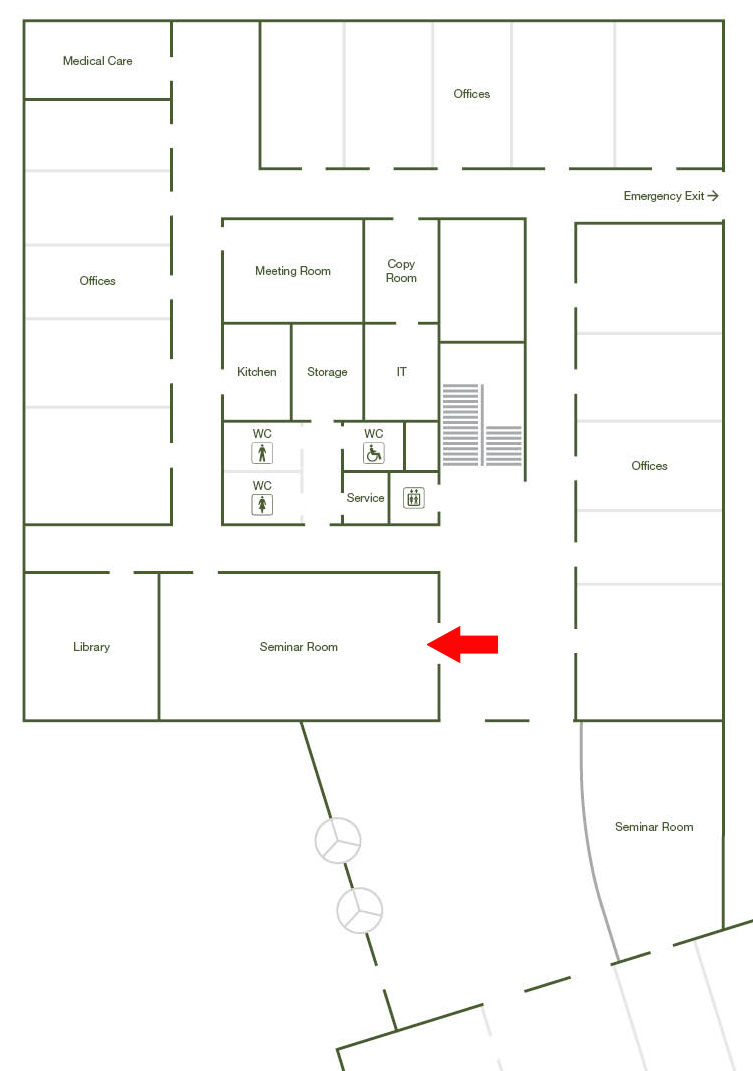Quantum seminar: Implementing nonreciprocity with two superconducting qubits in waveguide
Date
Tuesday, April 9, 2019 11:30 - 12:30
Speaker
Andrés Rosario Hamann (University of Queensland, Australia)
Location
Big Seminar room Ground floor / Office Bldg West (I21.EG.101)
Series
Seminar/Talk
Tags
Physical Sciences Seminar, physics_seminar_ics, quantum_seminar_ics
Host
Johannes Fink
Contact

Nonreciprocal devices are a key element for signal routing and noise isolation. The latest developments in the field of quantum technologies have boosted the demand for a new generation of miniaturized and low-loss nonreciprocal components. In this talk, I will present our results on how to use a pair of tunable superconducting artificial atoms embedded in a rectangular waveguide to experimentally realize a minimal, passive, nonreciprocal device. Taking advantage of the quantum nonlinear behavior of superconducting qubits, we achieve nonreciprocal transmission through the waveguide in a wide range of powers. Our results are consistent with theoretical modeling showing that nonreciprocity is associated with the population of the two-qubit nonlocal entangled quasi-dark state, which responds asymmetrically to incident fields from opposing directions. Additionally, our waveguide QED implementation allows us to explore other interesting phenomena, such as atom-photon bound states and entanglement stabilization.